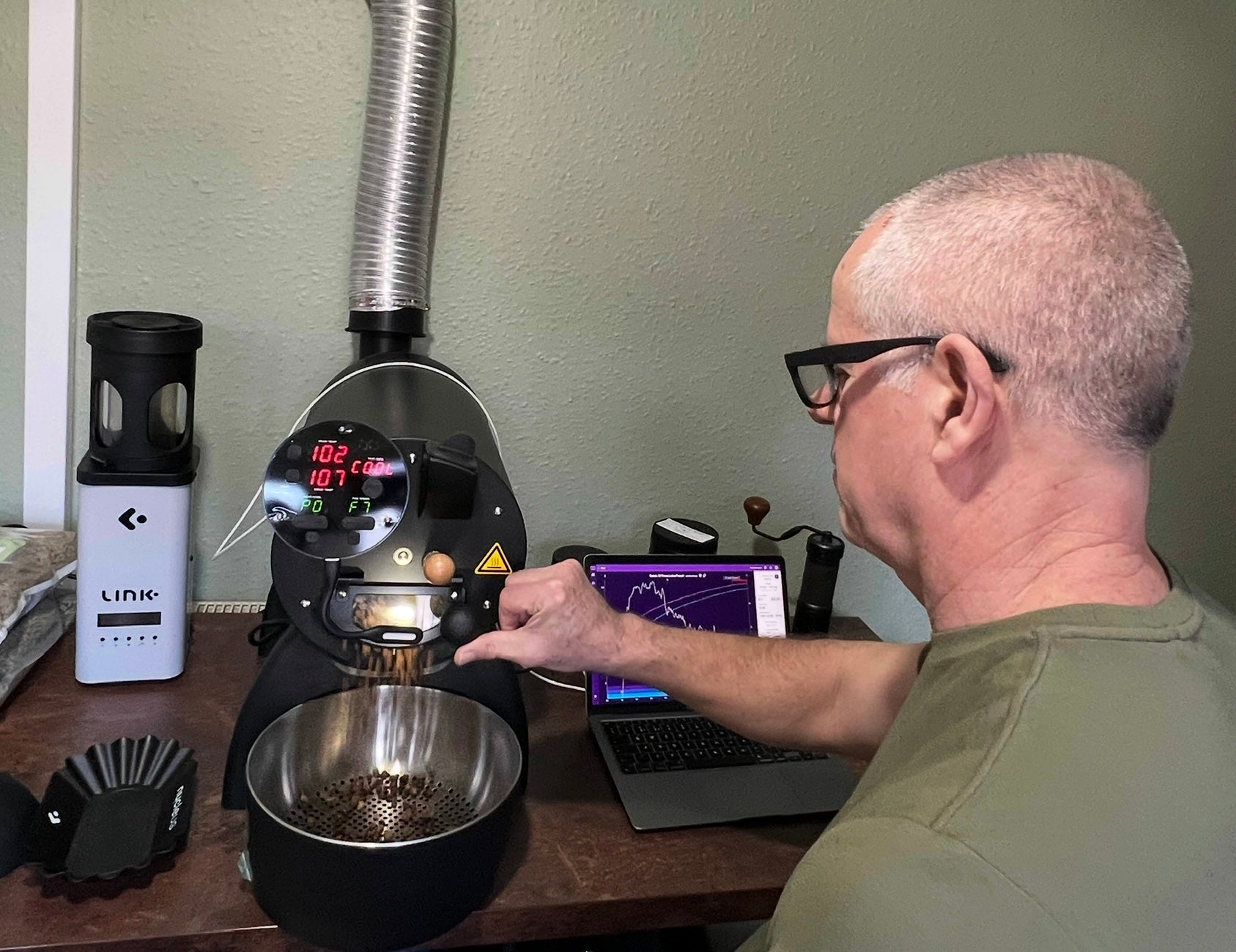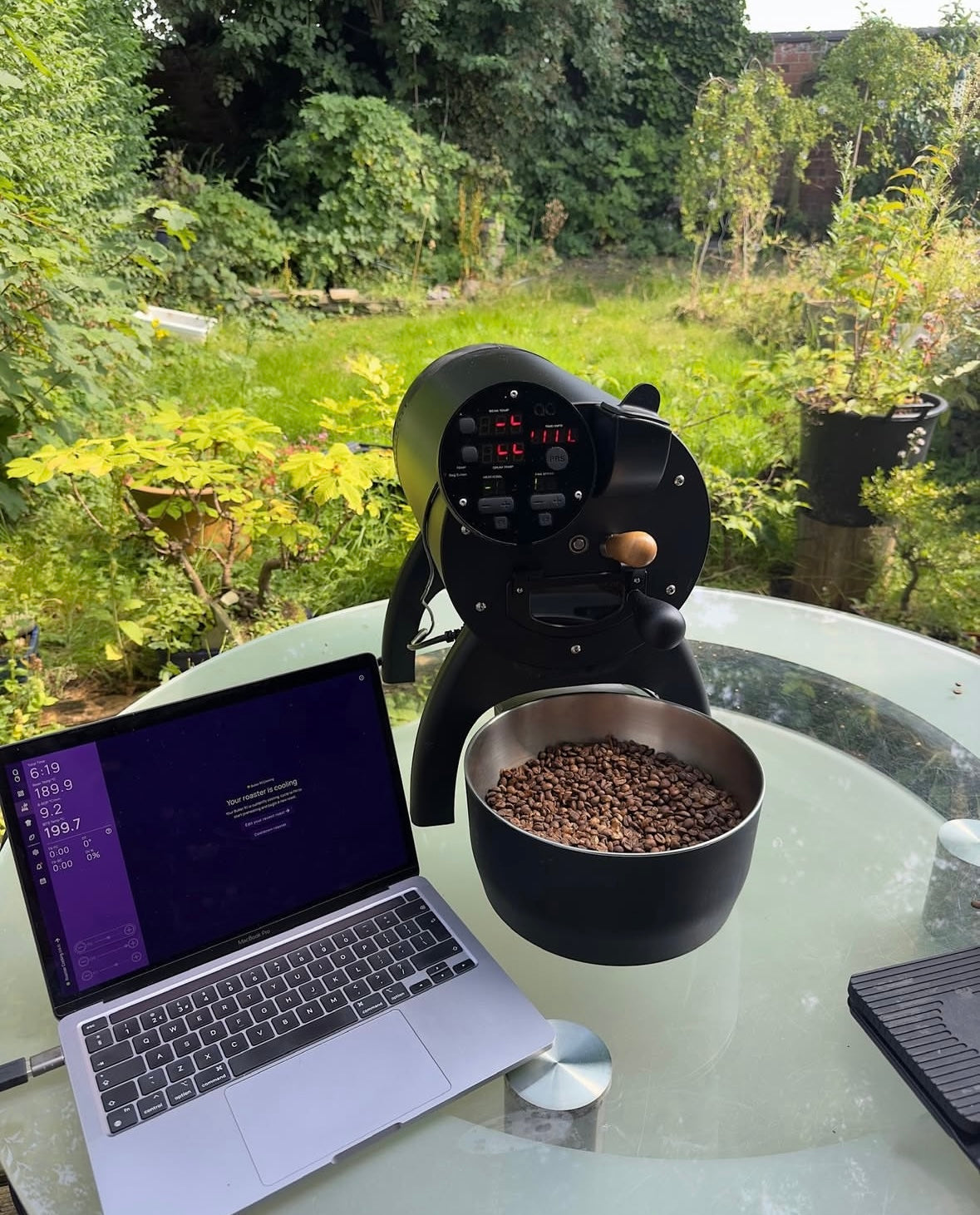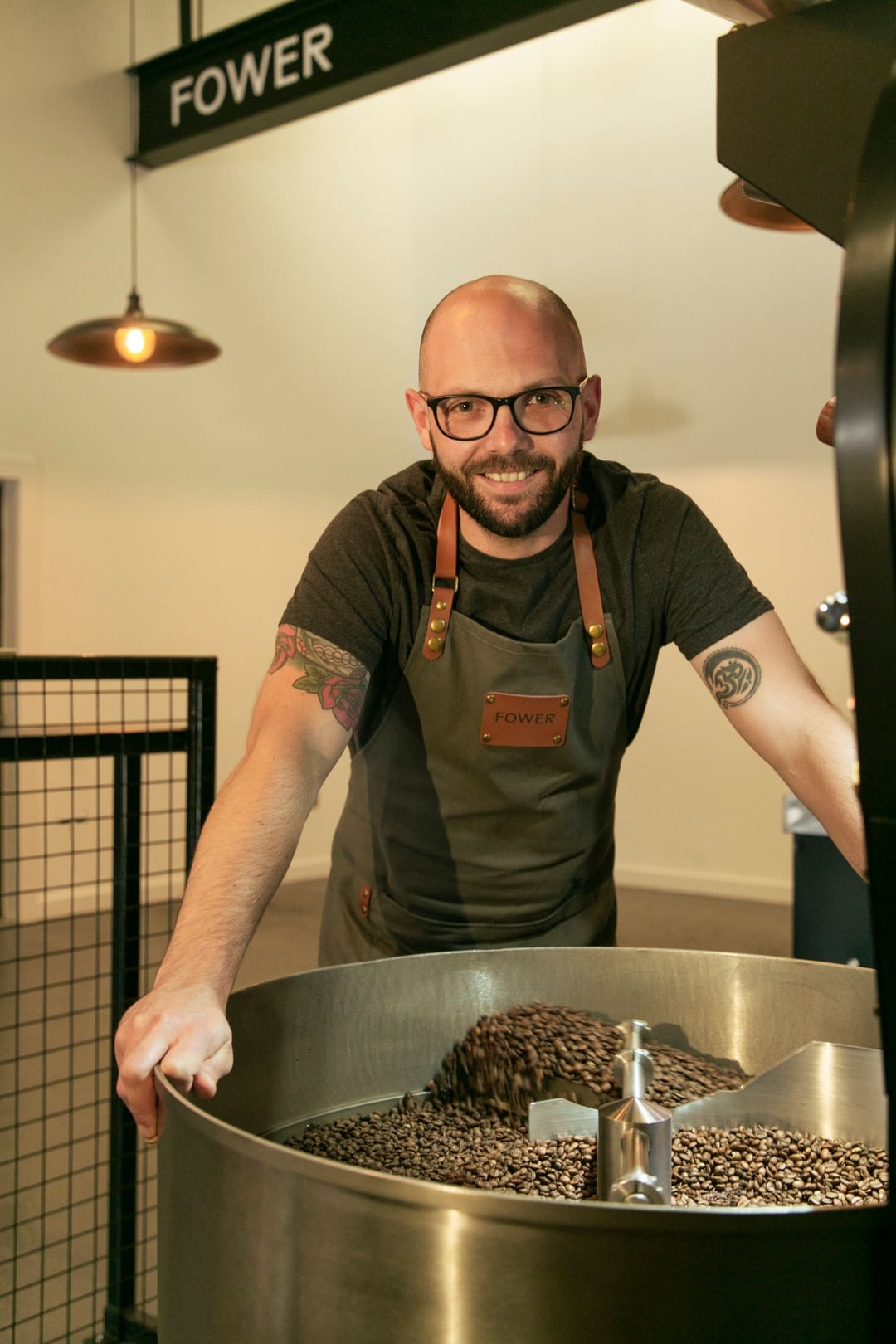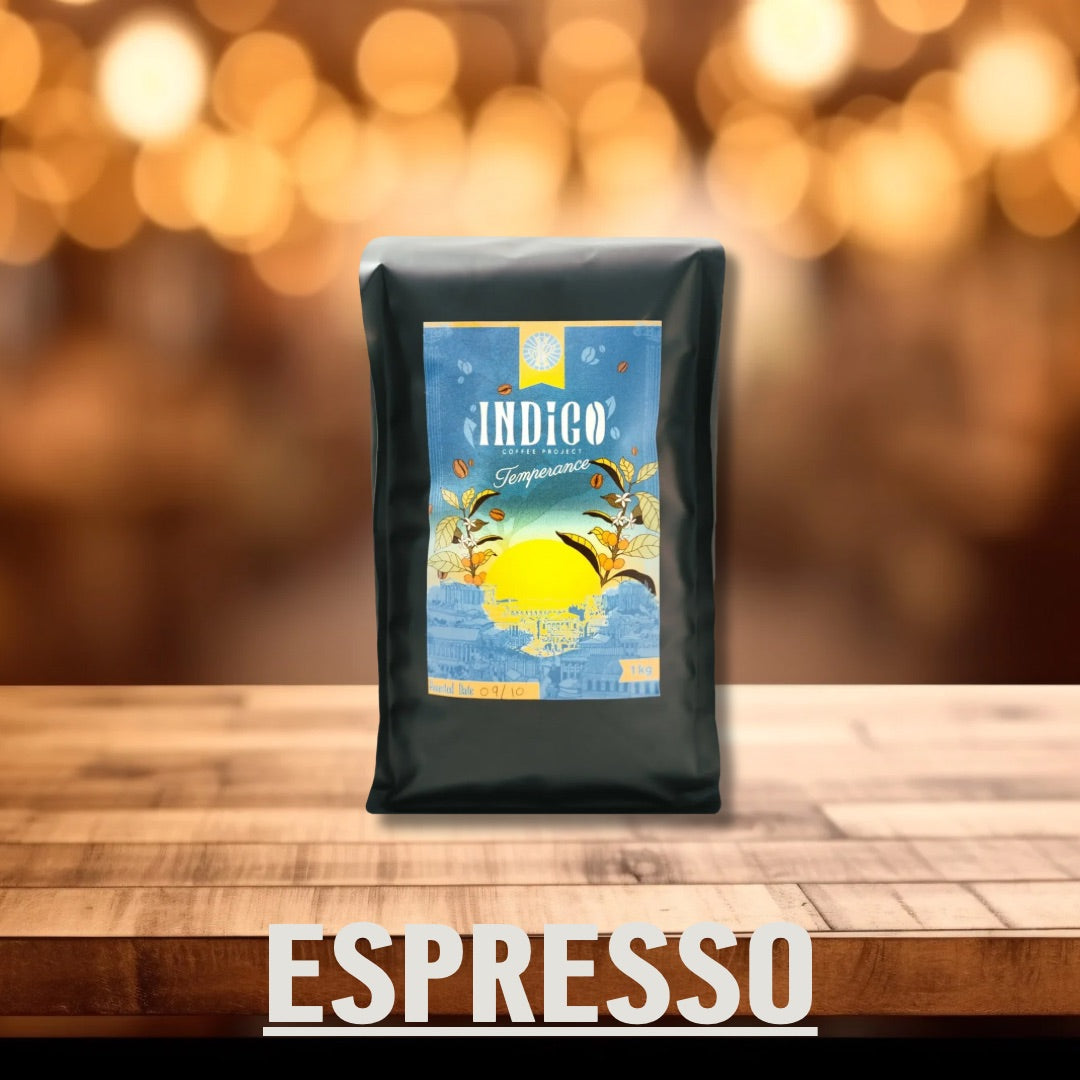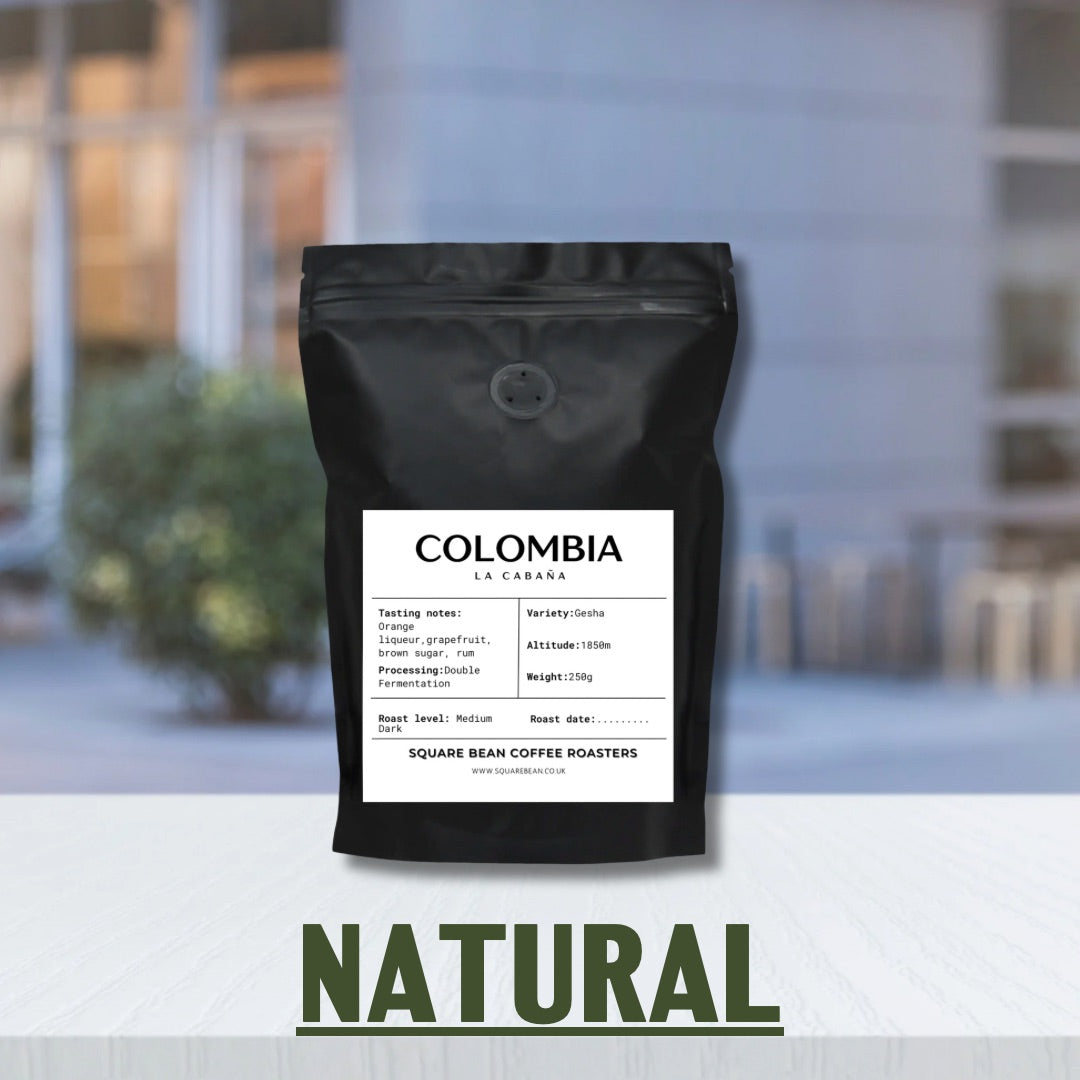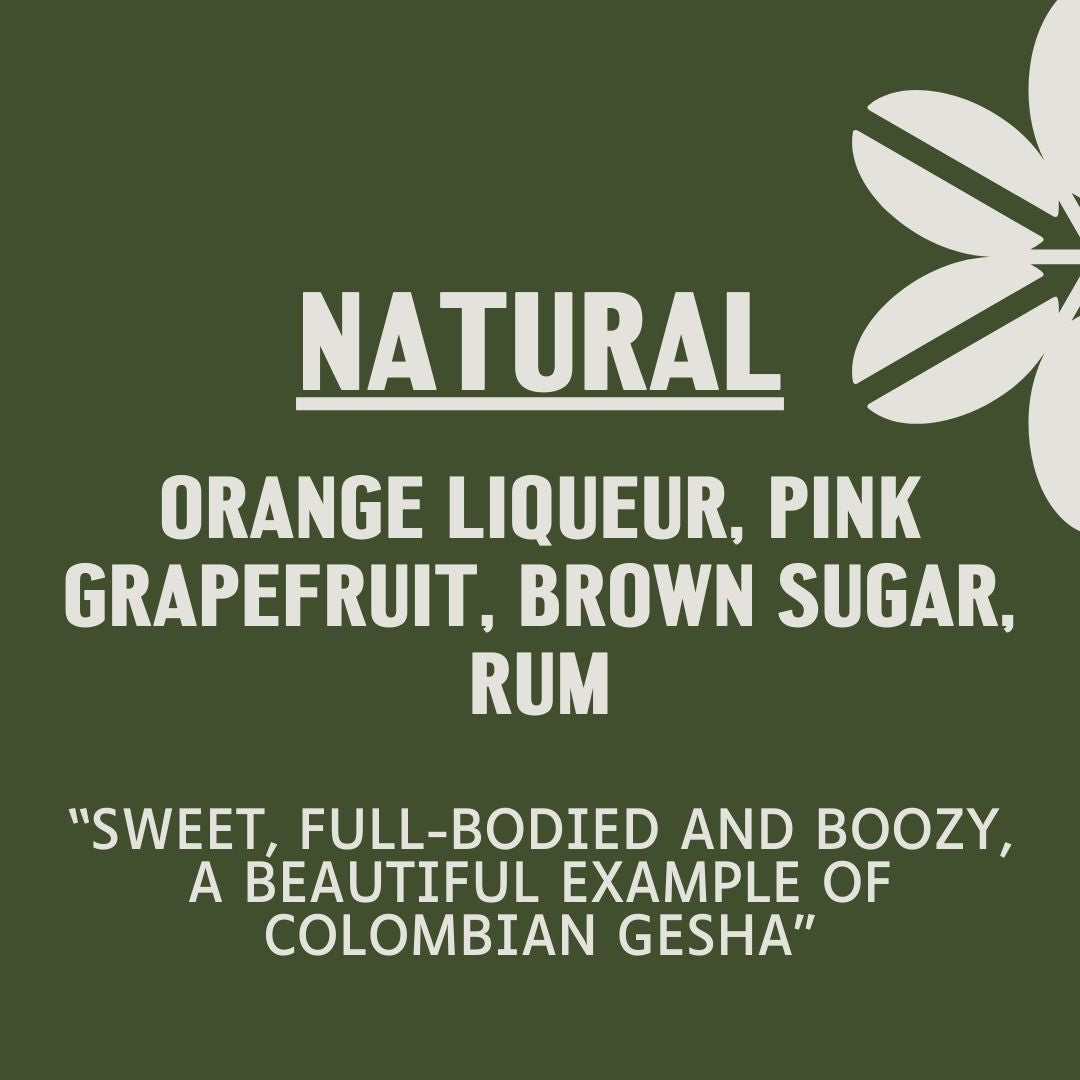As if coffee wasn’t complicated enough, let's take a dive into decaf!
HOW IS COFFEE DECAFFEINATED?
Well, there are several decaf processes, but the most common ones these days seem to be sugar cane (ethyl acetate) or swiss water, but back in the early days of decaf, all sorts of chemicals were used, like benzene (yes, as in gasoline or paint thinner…). However, whilst we have moved away from awful carcinogenic petrochemicals, actually the process in theory is similar in that a solvent is used to draw the caffeine out of the green beans.
ETHYL ACETATE
Ethyl acetate, or “sugar cane process” to use its less scary name, uses a solvent, made from fermenting molasses down into ethanol, then mixing it with acetic acid. In countries like Colombia, sugar cane is readily available, so it makes perfect economic sense for E.A. to be used. It is said to often remove around 97% of caffeine.
- The green beans are first treated with water and steam, rehydrating them and making them swell. Green coffee beans are very porous and this treatment allows the pores to open ready to be subjected to the E.A.
- They are then washed in a solution of E.A. and water. The caffeine is captured by the solution. The tank containing the beans will then be emptied and refilled several times over the course of around eight hours, essentially washing away the caffeine.
- The beans are finally steamed again to remove any trace of the E.A., ready to be sold and roasted.
SWISS WATER
Swiss water is probably the simplest and most effective form of decaffeination, it also leaves the coffee beans up to 99.9% caffeine-free. The process looks like this:
- A ‘Green Coffee Extract’ (GCE) is created, which contains all of the solubles in coffee, minus the caffeine. So everything else that contributes to flavour, remains in the green beans.
- The green coffee beans are rehydrated, opening up their pores and removing any dirt/dust/silver skin.
- The beans are now soaked in the GCE, which is circulated over the following 8-10 hours. The caffeine is drawn from the bean through a process called osmosis.
- The caffeine is then filtered from the GCE, which is refreshed, ready to be used again.
- The beans will now be at least 99.9% caffeine-free, ready to be shipped and roasted.
That all sounds good to me, so where's the downside?
There are very few in honesty, if it's done well. It is worth noting that it is unlikely to be completely caffeine-free, but there is a massive reduction. A regular cup is likely to have around 2mg of caffeine, as opposed to closer to 100mg for non-decaffeinated AKA regular coffee. So no sleepless nights on account of coffee.
These more modern methods of treatment leave the beans in much better shape than some of the old chemical processes that used to be used, more of the volatile compounds and oils contributing to flavour remain present, but they do stale much faster than regular coffee, on account of how porous the beans are after having been processed.
What this might mean for you, is that you just have to fine up the grind a little as they get older. It may also mean you want to be a little more careful about how you store your coffee beans - keeping the beans in the freezer is your best bet, better still if you store them as separate doses, you only have to remove what you need.
So in summary, speciality decaf is still speciality coffee, especially with these more modern, less carcinogenic methods!
I promise you, there are some roasters out there producing some truly incredible decaf options, and we’re on a mission to find them for you - watch this space.


